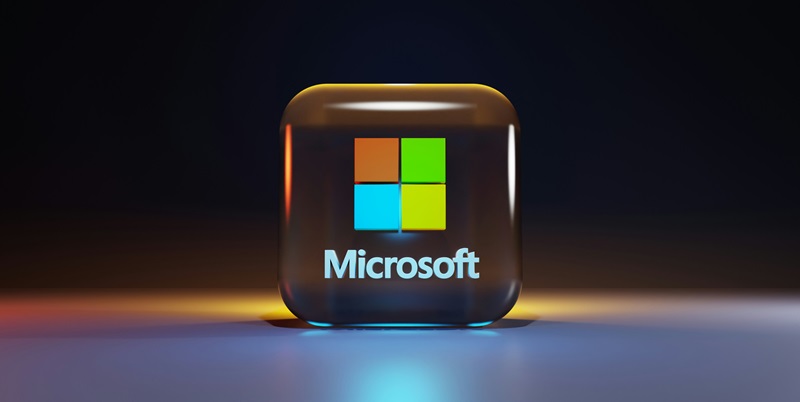In a bold move that’s shaking up the AI community, Microsoft has announced that it will be discontinuing its Copilot GPT Builder. This decision comes as a surprise to many, given the service’s launch in March 2024 and its planned termination just months later on July 10, 2024. Subscribers to Copilot Pro, who were paying $30 monthly, will find that this feature, which allowed the construction of bespoke AI services, will no longer be available. In the same vein, all GPTs previously fashioned by Microsoft and its customers are scheduled for deletion by July 14, 2024. This strategic reorientation significantly emphasizes Microsoft’s commitment to ramping up its GPT technologies for commercial and enterprise use while scaling down on consumer-focused AI offerings.
The Demise of Copilot GPT Builder
The Copilot GPT Builder’s initiation into the market had marked an innovative step, granting even novices the capability to mold AI to fit their unique requirements. From a custom, task-specific chatbot to the incorporation of external data, it represented a powerful utility that democratized AI development. This move appeared to parallel the trajectory of OpenAI’s custom GPT Builder and Store, illustrating an increasing penchant for bespoke AI solutions in the industry. Nevertheless, the abrupt conclusion of Copilot GPT Builder has left users in a lurch, with lingering questions about Microsoft’s dedication to nurturing AI endeavors, especially those directed toward consumers.
Microsoft Shifting Focus Away From Consumer AI
In a stunning twist that has sent ripples through the Artificial Intelligence sphere, tech giant Microsoft has revealed plans to halt its recently launched Copilot GPT Builder. This unexpected turn comes just a few months after its inception in March 2024, with the shutdown pegged for July 10, 2024. The closure is a shock to those who’ve adopted the service, especially Copilot Pro subscribers accustomed to paying $30 a month for the ability to craft their AI applications. Alongside this, Microsoft intends to erase all GPT models created by the company and its user base by July 14, 2024. This pivot underscores a deeper focus by Microsoft on refining GPT tech for commercial and enterprise solutions, steering away from its consumer-centric AI tools. This recalibration paints a clear picture of Microsoft’s strategy moving forward, spotlighting a renewed emphasis on professional-grade GPT applications.

